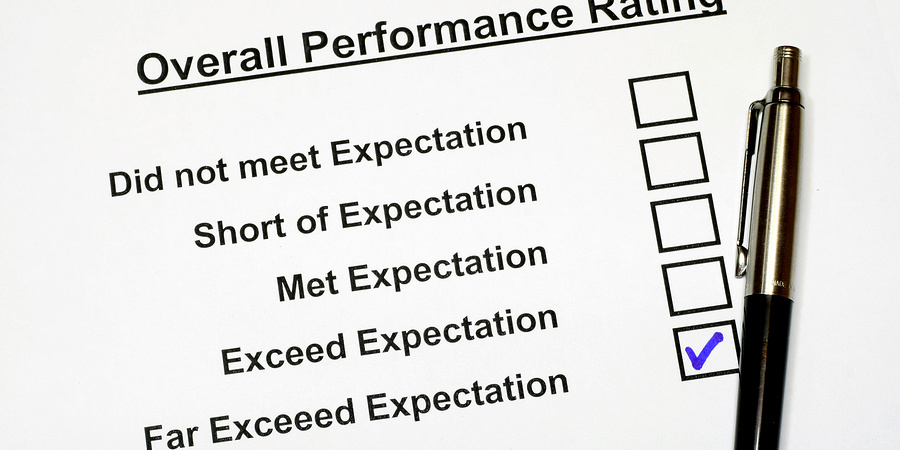When it comes to preparing for the next step up or onto the jobs ladder, there are two sets of expectations to think about – ours and our future employer’s.
Let’s start with what we expect. We tend not to think about this.
Why do people hate the jobs they’re in? When I’m delivering training to low paid workers, here are some of things they say about their jobs:
“It’s not paid well enough”, “The hours are rubbish”, “The manager won’t listen”, “I can’t be the parent I want to be”, “I’d be better off on benefits”, “I never know what hours I’m working”.
Now think about it with a positive spin. What do people expect?
Fair pay. Hours that work for them. A good boss. Flexible around their needs. Income that might be topped up with tax credits or childcare support. Regular hours they can depend upon.
The trouble with being in a job that we hate is that it’s like being in a bad relationship. We start to believe that maybe it’s us, we couldn’t make it alone or no-one else would have us. The same is true if we’re out of work – it can start to feel like: No-one will want me, they’ll think there must be something wrong with me, I don’t know if I could handle the rejection.
We have to turn this around if we’re going to change things up.
The most successful jobseekers my team and I have worked with have switched their point of view. They come to see the recruitment process as working towards a win-win. We usually feel like it’s a tug of war where we feel we have to fight our way into a job. But if we think about it, the new boss is looking for the right person to fill the role and we’re telling them we’re the right person for the role. They are pulling and we are pushing, we’re not working against each other.
But it’s a win-win we’re looking for so how about the employer answers some questions too. Now we know what we want – regular hours, supportive boss and team mates, holidays that overlap with school breaks, and so on – we can ask if they’re on the table at interview? What’s more, good employers love it. It shows we’ve thought about the job and we want it to be the right fit as much as they do.
This all comes from the point of view of making sure the job isn’t one we hate but why stop there? On training, I also encourage jobseekers to work out the right job goal for them. What job matches their passions and their skill set? Let’s work towards that. Whether the role we’re going for today takes us all the way to the job goal or not, let’s see if the new boss will help us achieve it in other ways: Will there be opportunities to progress? Can I get training?
Applying for a job is a two-way street and it says lots that’s positive about us when we ask the employer what they can do for us. Ask these questions with respect and a good employer will love it.
Next issue: Great Expectations – Part 2, how to show your future employer you know what they’re looking for.
Jeff Mitchell is editor of Quids in! money management magazine and author of I’m Ready – 7 signs that show you’re right for the job.



